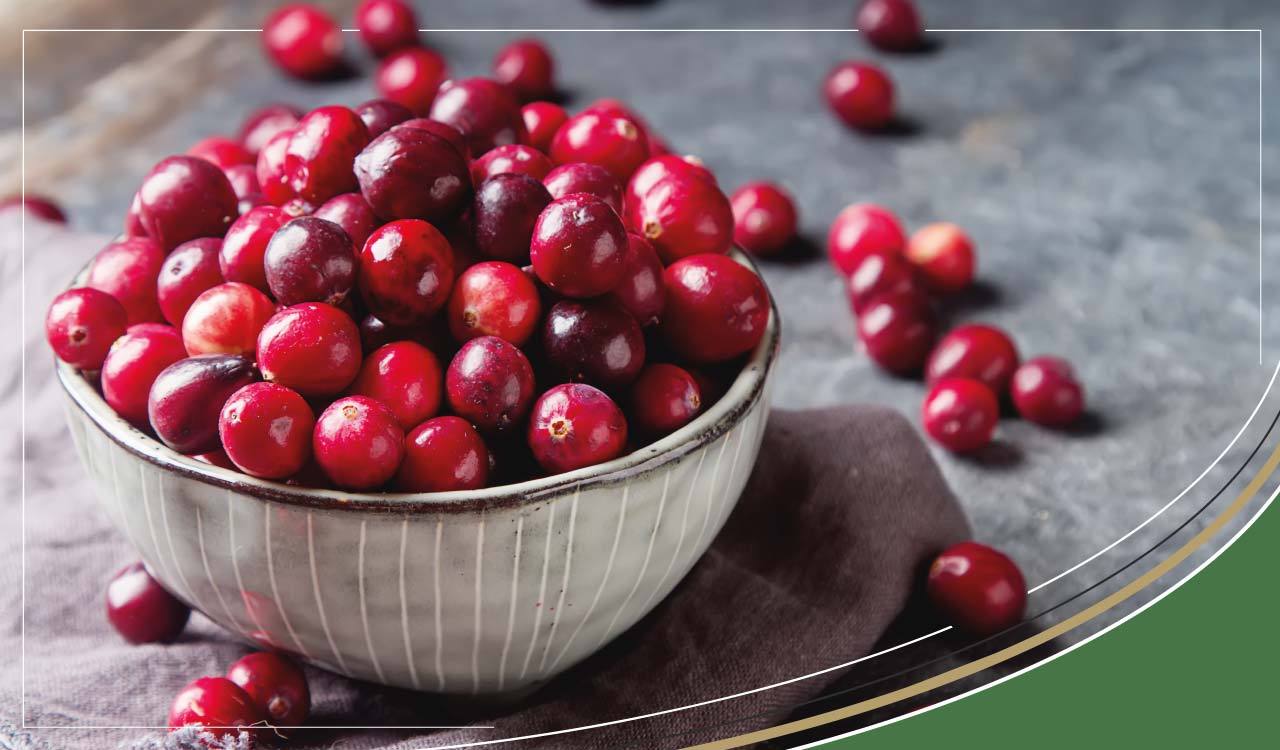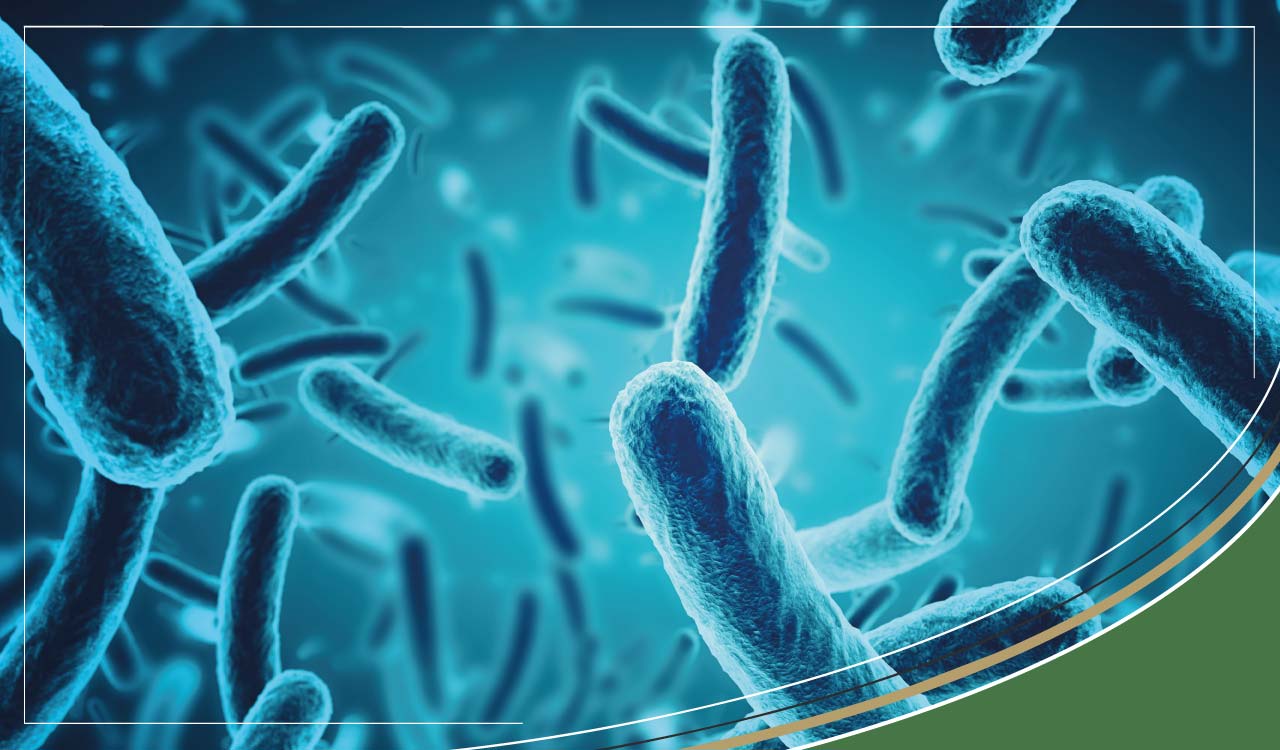Why drinking cranberry juice for cystitis and UTI's won't work

Even today we are still told to drink Cranberry Juice when suffering from cystitis or urine infections. However, many of our customers believe while using Cranberry products their symptoms remain the same or in some cases become worse. As an alternative to Cranberry, consider alkalising food and drinks - such as fresh lemon and supplementary support from D-Mannose.
Why drinking cranberry juice for UTIs and cystitis won't work
The following information is not given as medical advice but is the shared experience of many thousands of satisfied Sweet Cures customers with whom we have had contact since 2003.
E.coli is considered to be an acid adaptive bacterium, capable of synthesising its nutritional requirements from the surrounding acids in its environment. Since cranberry creates acidic urine conditions (cranberry juice produces hippuric acid in the urine) when you drink cranberry juice or eat cranberry tablets, you are giving E.coli a suitable environment in which to multiply.
In fact, the whole reason for us putting up this page is because so many customers since 2003 have told us that taking cranberry makes their infections worse. So how did cranberry get its reputation?
There is an anti-adhesion effect from cranberry, but we believe that for the vast majority of bladder infection agents, the increased bacterial metabolic rate that results from the acidic urine that you get from drinking cranberry is likely to cancel out any anti-adhesion benefits from taking it.
On the other hand, it seems to be the case that for most gram-negative bacteria, living in alkali conditions is like living in their own waste - not ideal conditions. In alkali urine, they slow down their metabolic rate, and it can take them twice as long to produce a cell division (to double). That's why taking potassium citrate, which makes the urine more alkaline, eases the situation in most cases.
If the E.coli in your body originated from cattle fed on a high grain diet, they could be 1000 times more resistant to acid than other E.coli. These bacteria thrive in acids. They are tough little bugs that adapt to utilise any environment. They can even get through stomach acids intact.
Acid resistant bacteria populate the human gut when you eat meat or food contaminated with the acid-loving strains, so the very first time you get an E.coli infection, the bacteria are likely to be already acid resistant.
The cycle: E.coli and Klebsiella (and some other gram-negative uropathogens) have 'burst cycle' population explosions that occur under optimum feeding conditions. It goes like this - you drink cranberry or something else that makes the urine acidic - or get dehydrated, and there is a build-up uric acid in the bladder. Within a short period of time when the acidic urine gets into your bladder, the E.coli in there burst into a frenzied multiplication cycle, doubling their colony size over the next 15 to 20 minutes.
for Escherichia coli, for example, the rate of growth and division of a single bacterium (the generation time) during the log phase is 15 to 20 minutes. In the log phase, most of the bacteria in a population are growing and dividing.
Source - World of Microbiology and Immunology 2003
They use up the acids in your urine in the process, and pass alkalis and endotoxins. As the urine becomes more alkaline, and the bacteria are effectively living in their own waste, they gradually become semi-dormant, slowing down their multiplication rates by as much as 100%. You take another drink of cranberry or eat some more cranberry tablets, and the process begins again. It's not that they can't metabolise alkalis, but they don't seem to be so efficient at that.
It's a well-known fact that many people get bacterial cystitis when they are dehydrated and thus build up a high level of urea (uric acid) in the urine. There must be some bacteria present for any bacterial infection, but cystitis happens because the bacteria have an acidic environment in which to multiply out of control. You get a feel for the hardiness of E.coli when you consider that urea is a powerful antiseptic. Customers repeatedly tell us, I got dehydrated,
I had a fair bit of alcohol,
I drank a lot of cranberry juice,
or I drank a lot of orange juice.
By avoiding cranberry, vitamin C in the form of ascorbic acid, alcohol, red meat and coffee, and making the urine more alkaline you take away the acids that are considered one of the bacteria's primary sources of nutrition, effectively starving their environment. You can also use a citrate salt like potassium citrate, magnesium citrate, calcium citrate or sodium citrate to make the urine more alkaline. You will quickly find out the truth or otherwise because for most bacteria the moment you alkalise the urine to approximately 7.5pH you experience relief.
But, as always, for medical advice always see your doctor.
But Cranberry Juice Always Seems to Help at First!
Our customers have repeatedly told us that Cranberry usually provides temporary relief from an infection followed by a worsening of symptoms.
When you first take cranberry, it kills off any bacteria that cannot survive the acidic environment. However, any bacteria that do not have a weakness for acid will survive and, when they multiply, will produce more bacteria that like the acidic environment. Even if you didn't already have acid-loving bacteria in the first place, because uropathogens like E. Coli, are very fast mutators, they are likely to produce mutations that can make better use of the acidic environment than the original cranberry survivors. Similar to the reproductive mechanism that produces antibiotic-resistant bacteria.
Until reasonably recently it was believed that the acid in cranberry killed the uropathogens, but it is now more widely accepted that this is not the case. As explained, they adapt quickly to acidic conditions.
When you increase your d-mannose intake by taking D-Mannose, you get up to fifty times as much d-mannose with every level teaspoonful than you get in a half pint of cranberry, and you also get the advantage of not acidifying your urine (or your stomach for that matter). But if you try taking cranberry at the same time, you will stop the mannose from working. How do we know that? Well, almost everyone who has told us they've been taking cranberry at the same time as D-Mannose hasn't been getting better. And as soon as they stopped the cranberry, they started getting better.
A University Of Edinburgh study in 2012, reached the same conclusions:
Prior, to the current update it appeared there was some evidence that cranberry juice may decrease the number of symptomatic UTIs over a 12 month period, particularly for women with recurrent UTIs. The addition of 14 further studies suggests that cranberry juice is less effective than previously indicated. Although some small studies demonstrated a small benefit for women with recurrent UTIs, there were no statistically significant differences when the results of a much larger study were included. Cranberry products were not significantly different to antibiotics for preventing UTIs in three small studies.
Source - University Of Edinburgh
And the EFSA concluded:
The Panel concludes that the evidence provided is not sufficient to establish a cause and effect relationship between the consumption of cranberry products and the reduction of the risk of UTI in women by inhibiting the adhesion of certain bacteria in the urinary tract.
Source - EFSA
Note: The above information is specifically referring to gram-negative bacteria like E.coli and Klebsiella, which are responsible for the vast majority of bladder infections. However, cranberry is thought to be useful when Proteus type bacteria are affecting the bladder.
If you are one of the few for whom D-Mannose doesn't help your problem, you need to have the bacteria that are affecting you properly checked at a lab.
If it is Proteus, also ask which type: the susceptibility of Proteus to particular antibiotics varies with type. Any treatment will involve a level of guesswork unless you have enough details about what is affecting you, so please seek help.
Potential problems that may arise with cranberry juice
- Cranberry creates acidic urine conducive to E. Coli growth - not advisable to drink during a UTI, which may involve E. Coli;
- Some versions of cranberry juice contain added sugar - again likely to feed bacterial growth;
- Too much acidity can increase the likelihood of calcium-oxalate kidney stones - this type of stone represents 75% of kidney stones in the U.S.
- Cranberry increases hippuric acid in the urine - hippuric acid can act as an irritant for an already inflamed bladder and may provide a ready source of nutrition for pathogens that most commonly infect the upper and lower urinary tract, bladder, and kidneys.
- Cranberry is thought to potentially facilitate the growth of acid tolerant bacteria, E. coli in particular, where hippuric acid provides an ideal growth medium.
Sources:
Cranberry Juice increases urine acidity:
[1] Studies of Urinary Acidity II. The Increased Acidity Produced by Eating Prunes and Cranberries.
Blatherwick, N.R. and Long, M.L., Journal of Biological Chemistry, 1923, 57: 815-818.
www.jbc.org/content/57/3/815.full.pdf
[2] Efficacy of Cranberry Juice and Ascorbic Acid in Acidifying the Urine in Multiple Sclerosis Subjects.
Schultz, A, Journal of Community Health Nursing, 1984, 1 (3): 159-169
www.jstor.org/discover/10.2307/3427096
Potassium Citrate increases urine alkalinity:
[3] Contrasting effects of potassium citrate and sodium citrate therapies on urinary chemistries and crystallisation of stone-forming salts.
Sakhaee, K, Nicar, M, Hill, K, Pak, C.Y, Kidney International - 1983 Sep; 24(3): 348-52.
www.ncbi.nlm.nih.gov...6645208
E.coli from cattle fed on high grain diet:
[4] Effect of Cattle Diet on Escherichia coli O157: H7 Acid Resistance.
Austin, P.R., Cloud, K.A., Hovde, C.J., Hunt, C.W. and Williams, C.J., Applied Environmental Microbiology, July 1999, 65 (7): 3233-3235
https://journals.asm.org/doi/full/10.1128/aem.65.7.3233-3235.1999
Further Reading:
www.research.ed.ac.uk -Cranberries for preventing urinary tract infections
onlinelibrary.wiley.com - Cranberries for preventing urinary tract infections
www.efsa.europa.eu - Health claim related to Ocean Spray Cranberry
www.encyclopedia.com - (World of Microbiology and Immunology)
www.ncbi.nlm.nih.gov - Contrasting effects of potassium citrate and sodium citrate therapies on urinary chemistries and crystallisation of stone-forming salts.
news.yale.edu - Myth: Cranberry as a cure-all for UTIs.
 Free Royal Mail 24 Tracked Delivery - Spend £10+
Free Royal Mail 24 Tracked Delivery - Spend £10+
 Support 01904 789559 - 20+ Years Expertise
Support 01904 789559 - 20+ Years Expertise
 Rated 4.9 out of 5 on Trustpilot
Rated 4.9 out of 5 on Trustpilot










